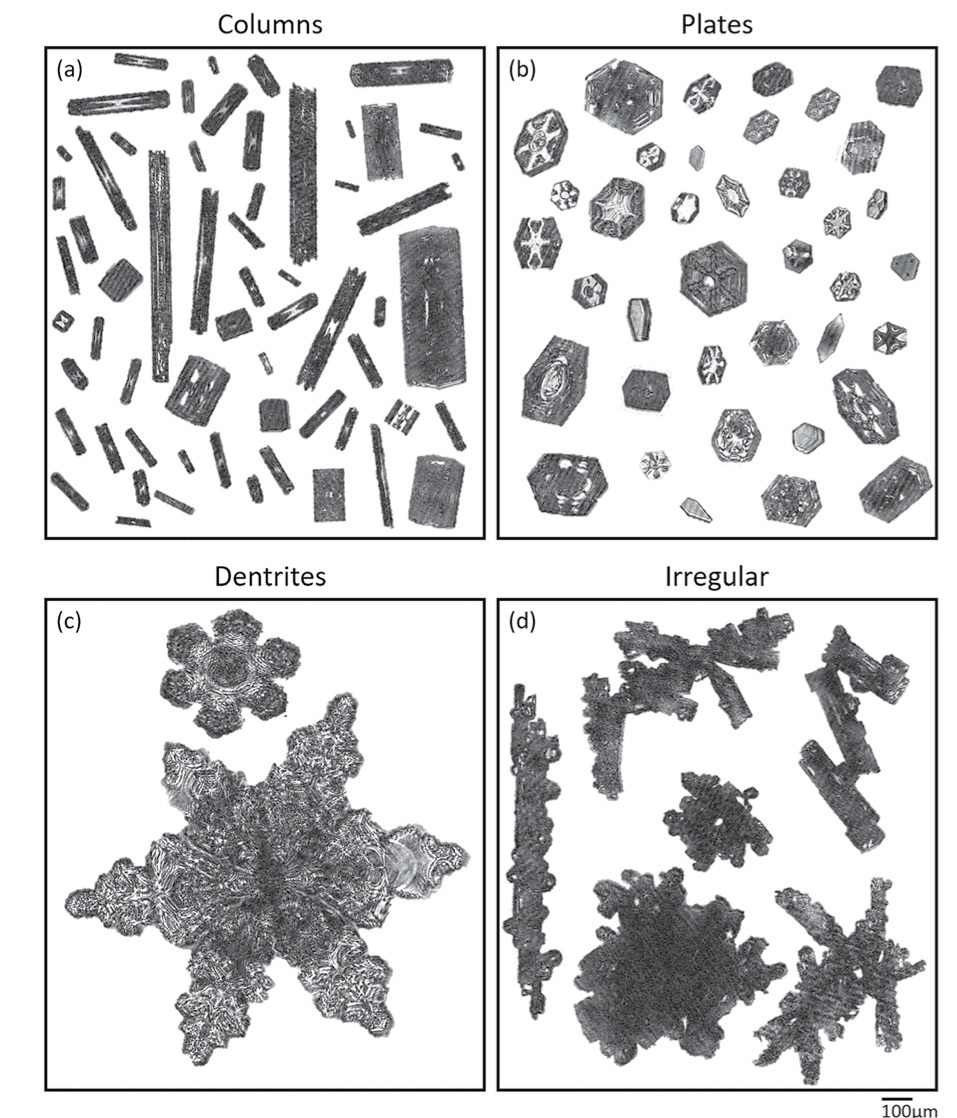Earth, Environment, and Geosciences
1880 readers
1 users here now
Welcome to c/EarthScience @ Mander.xyz!
Notice Board
This is a work in progress, please don't mind the mess.
- 2023-06-13: We are looking for mods. Send a dm to @[email protected] if interested!
What is geoscience?
Geoscience (also called Earth Science) is the study of Earth. Geoscience includes so much more than rocks and volcanoes, it studies the processes that form and shape Earth's surface, the natural resources we use, and how water and ecosystems are interconnected. Geoscience uses tools and techniques from other science fields as well, such as chemistry, physics, biology, and math! Read more...
Quick Facts
Rules
- Don't throw mud. Be kind and remember the human.
- Keep it rooted (on topic).
- No spam.
Jobs
Teaching Resources
Tools
- GitHub - RichardScottOZ/mineral-exploration-machine-learning: List of resources for mineral exploration and machine learning, generally with useful code and examples.
Climate
Similar Communities
- [email protected]
- [email protected]
- [email protected]
- [email protected]
- [email protected]
- [email protected]
Sister Communities
Science and Research
Biology and Life Sciences
Plants & Gardening
Physical Sciences
Humanities and Social Sciences
Memes
founded 2 years ago
MODERATORS
476
477
478
97
'Holy Grail' of Northern Lights Just Turned The Sky Blood Red As Far South As France
(www.sciencealert.com)
479
480
481
482
483
484
485
486
24
Pink Diamonds Erupted to Earth's Surface after Early Supercontinent's Breakup
(www.scientificamerican.com)
487
488
489
490
491
81
Rivers are rapidly warming, losing oxygen; aquatic life at risk, study finds
(www.eurekalert.org)
492
493
3
Another ruling class attack on the environment: this time, wetlands - Liberation News
(www.liberationnews.org)
494
495
496
497
498
499
500

